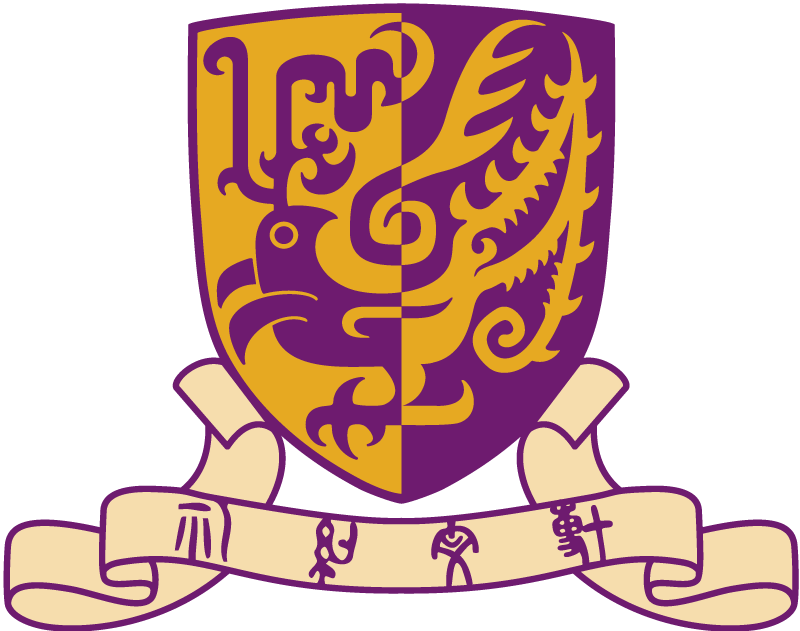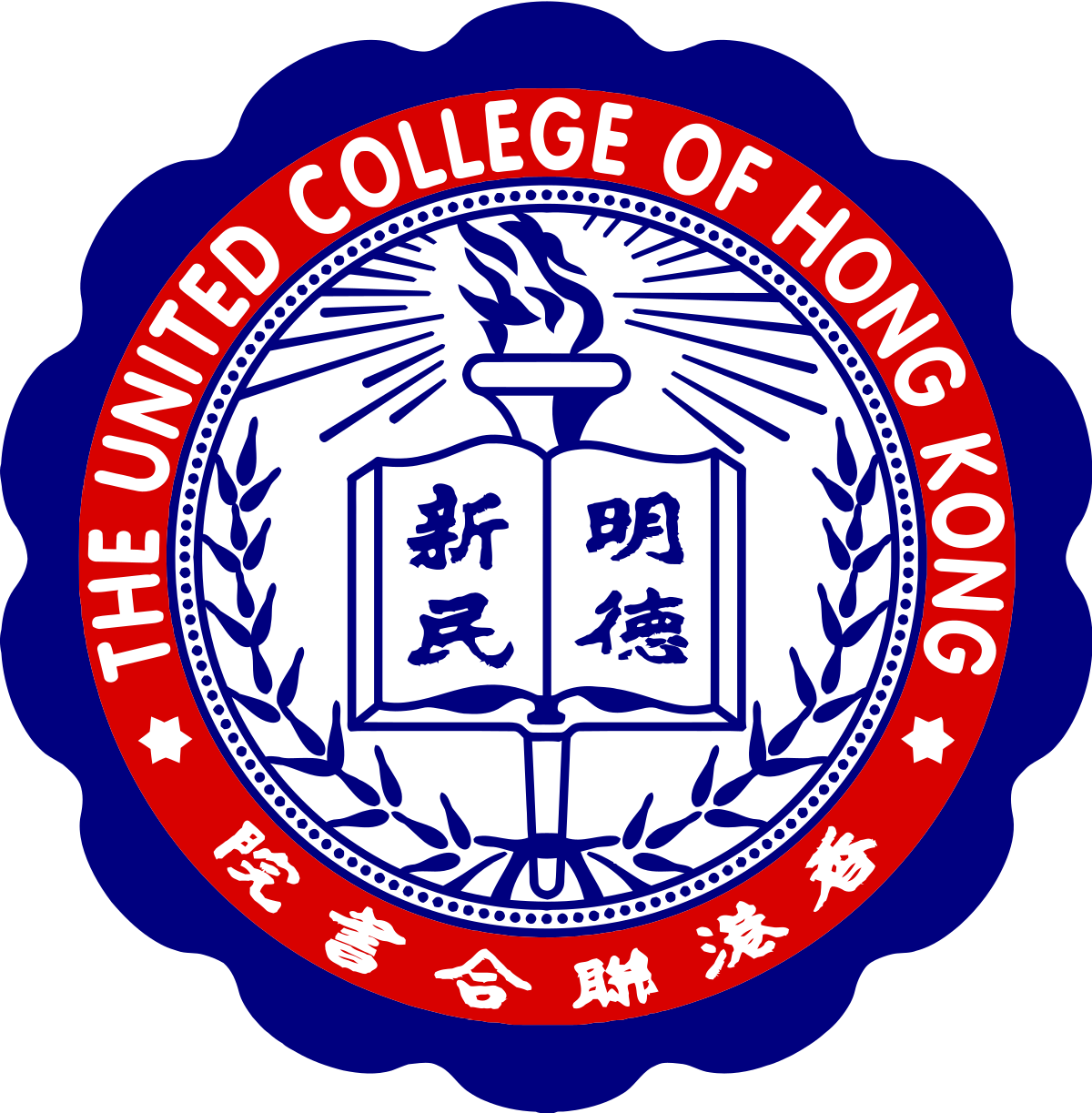Chan Chun Ha Hostel’s 20th Anniversary and the Formation of the CCHH Alumni Association
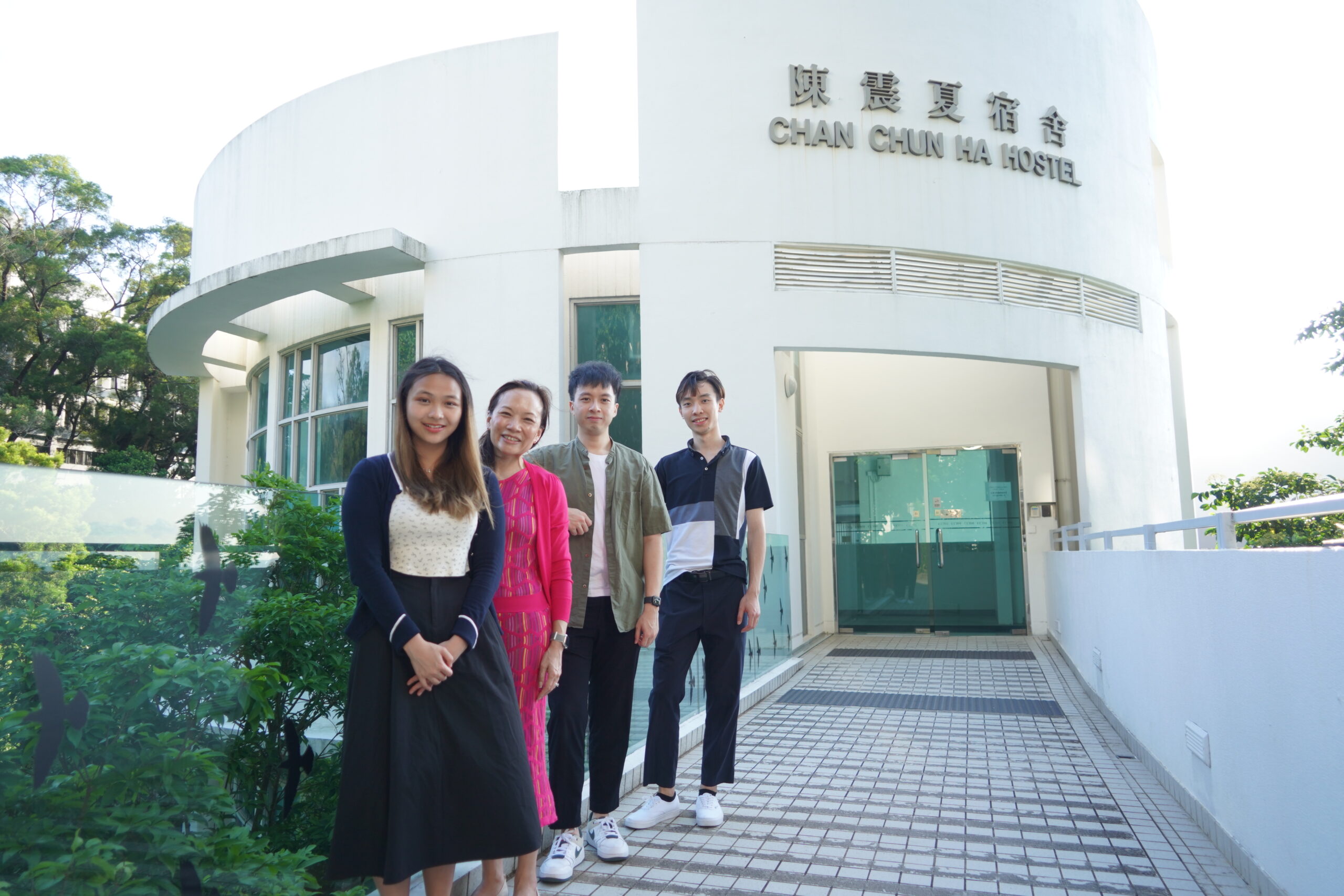
Written by Dr Ng Ka Yi (05/CHLL)
English Translation by Ms Hau W Y Pinky (TRAN/4)
English Edited by Mr Kelsch Jonas, English Language Teaching Unit
Photography by Mr Bard Wu
Chan Chun Ha Hostel (CCHH) is like a book of memories, with different stories engraved in every corner. Marking the 20th Anniversary of the CCHH this year, the College has invited Professor Vivian W Y Lee, Warden of the Chan Hostel, Ms Chan Pui Yin, Chairperson of the Organising Committee of CCHH 20th Anniversary Celebration, two College alumni, Mr Vincent C L Chung, President-designate of the CCHH Alumni Association (21/MAEG), Mr Kenny M F Wong, Executive Committee Member-designate of the CCHH Alumni Association (22/IERG), to share with us their hostel life with CCHH, as well as to take a sneak peak of CCHH’s future development.
Unforgettable Hostel Life
Professor Lee is embarking on her fifteenth year as the Warden of CCHH. “It has been a wonderful experience to live and work with students from different cultures and backgrounds. I have a lot of good memories here, and I’m glad to share the happiness and sadness with them. I know that I might not be the one they reach out to when they encounter difficulties, but only under special or urgent circumstances. More often than not, students tend to support each other; sometimes the problems may have already been handled by themselves, or even floor supervisors or workers before they told me what had happened. Nonetheless, this makes me feel like a “family,” and living a life as our motto says, “United in Diversity.” I have to say, every moment with my fellow students has indeed become a precious memory for me.”
Mr Vincent Chung said his time at CCHH was full of joyful memories that he often reminisced about. “When I first participated in the orientation camp, I found it so fun and decided to join it again the following year. After moving into the hostel, I realized living in the dormitory was like a never-ending camp. After the first orientation week, there were activities every one to two weeks, where I could meet lots of new friends and how much fun it could be hanging out with different people. This is a life that totally differs from my mundane secondary school life where I would just go home after school. When I went on to the election of the residents’ association, I was deeply impressed by the guidance I received from the seniors. During the promotion period, I had to get up early in the morning to prepare breakfast for the residents, which was one of the most memorable experiences for me as I didn’t even do that to my friends and family! However, seeing their smile when they received the breakfast, I felt a sense of belonging here and even built a family-like bond with the other residents.”
Vincent also mentioned that before the inauguration ceremony of their incoming residents’ association, a few members quit at the very last minute, thus the number of members fell short of the requirement of the constitution: “We, ‘seniors,’ immediately looked around for help from other freshmen, and finally managed to make up a sufficient number of association members. I remember that night, we were all depressed, but we still stayed united and overcame difficulties together. Reminiscing these ups and downs always stirs up my emotions. “When I first stepped into the workplace, I realized that many people would only help with advantage. This shocked me as I look back, we used to help people just because we have a genuine affection and a sense of belonging to this place and people, which has allowed us to work together through the joys and challenges and even remain in a good relationship after graduation,” he said.
Mr Kenny Wong, who lived in the CCHH for five years, said, “I used to run off from challenges, but when I entered the university, I set myself a goal to take up different challenges, and the first of which was to join the residents’ association.” Mr Wong said he rarely stayed in the dormitory at first, but as he became one of the association members, he gradually found a sense of belonging here. “I’ve made many friends and developed strong relationships with them that made me want to stay here. CCHH has become my home,” he said. By the time he was in his fifth undergraduate year of studies, many of his friends had already graduated. As the dormitory gradually lost its bustle, he felt a bit lost and began to think about what this place meant to him. It wasn’t until the pandemic that he realized the hostel‘s cohesiveness when the members of the new residents’ association still asked him out with them regardless of their year difference. “They have shown me that the meaning of being here extends beyond the people I know; it encompasses the diverse and cohesive culture that we have collectively forged. This place is also a harmonious blend of social engagement and personal tranquility, ensuring a balanced and fulfilling hostel experience. Hence, despite our varied backgrounds, habits, and personalities, we are all-inclusive and tolerant that I am sure everyone will feel comfortable to live in.”
After graduation, Kenny studied for a teaching diploma and returned to the hostel as a resident tutor. The change in status enabled him to view the hostel from a different perspective. “At that time, I wanted to organise a meaningful activity of letting residents to meet the warden’s dog every week. At first, there was no response. However, after the first meeting, people found it enjoyable and relaxing and started to invite their friends to come to join in, and even students out of the hostel or the United College. As we emphasize the openness and welcomeness to different cultures and people, everyone can find their own comfortable space where we can talk about our recent lives together or get to know each other,” Mr Wong added.
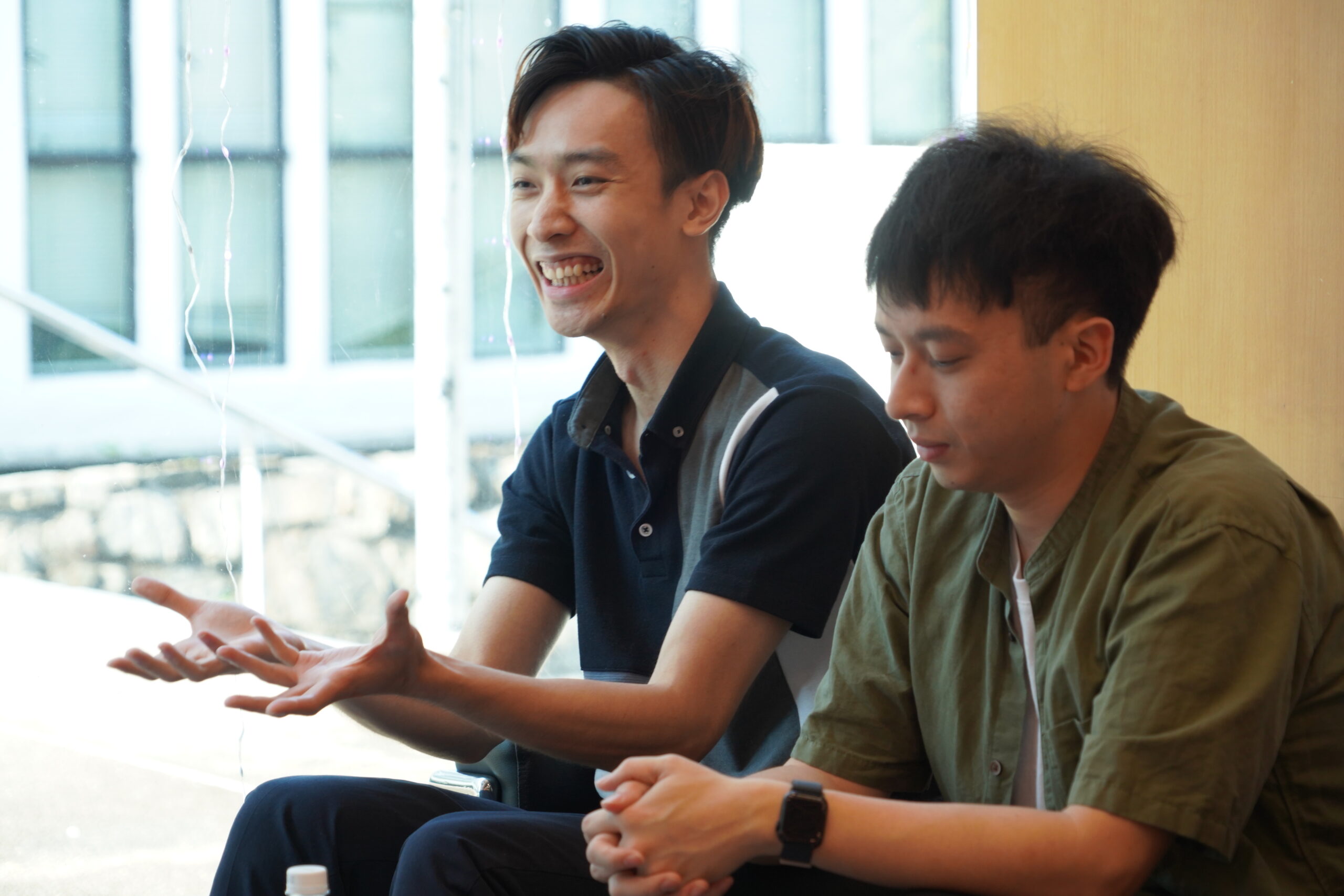
Professor Lee shared the story behind this gathering. Recalling the time back when she first became the warden, she was so enthusiastic that she opened her office every Tuesday and Thursday evening to welcome students to come and chat with her. However, her “open door policy” failed as nearly no students came. Then, she came up with some catering activities, yet it yielded similar results as she later knew the poor attendance even at catering activities organised by the residents’ association or the resident tutors. Then, her attempts at organising hiking trips also fell short, with only she and resident tutors participating. Her subsequent attempts were all halted with the outbreak of the pandemic, which had no regard for the many initiatives that had been planned.
“Thanks to my babies, here comes a turning point,” Professor Lee recounted. “I have two babies, named Ronnie and Mason. I didn’t bring them out at first because some of the residents were scared and even jumped up on the chairs. There were also many factors that I considered, such as allergy problems or students expectations to meet animals in the dormitory, etc. Fortunately, Mr Wong was very fond of Ronnie, who was a former resident, member of the residents’ association, and now a resident tutor. He helped a lot to make my dream of bringing them out to the dormitory come true. By now, some resident tutors and residents are fans of Ronnie and Mason, who also help spread this love to the next batch of residents’ association and to attract more students to come. This kind of activity has not only narrowed the gap between me and the residents, but also between the residents, and Ronnie and Mason. It also helps create an informal setting for a casual chat with students dealing with emotional or mental health issues. Sometimes I would even bring Ronnie to them to talk with so that they could put aside the barrier and open up to me through Ronnie. The activity also attracted students from different nationalities and colleges, which is what I had hoped to see 14 years ago. From the failure of ‘Meet with Warden’ to the now popular ‘Meet with Ronnie and Mason,’ I have learned a lot from students’ advice and help. Throughout this process, the relationships between people and pets have grown stronger, which also unified us. As Ronnie has grown older with more health problems, I have made it clear to the students that Ronnie is just like any of us, who would encounter difficulties and failures, but he still looks forward to meeting students here every week as we will continue this program every Wednesday evening in the new semester. Their participation is important,” Professor Lee said.
Although Ms Chan Pui Yin is entering her third year of college and is not as experienced as the two “predecessors”, her journey as an association member has been unique. “The residents’ association has its own set of duties every year with its change of members, offering a distinct experience for each batch of the association. The countless late nights we spent preparing for the promotions and events, making breakfast, and celebrating each other’s birthdays have created enduring memories that mark our collective growth. Living in the dorm has also enabled me to make lots of new friends as we live together and meet each other a lot, and gradually build up a strong friendship. Despite my roommates were randomly assigned in the first year, we got along very well luckily. We talked about everything and took classes together. We have become each other’s strongest support that we even chose to be roommates again in the second year. As I am about to embark on my third year of college, some of my roommates are graduating and moving out. However, I’m sure our friendship with extend beyond our graduation as we have become my best friends in life. Meeting them is indeed the happiest thing about living here,” Pui Yin said. She also mentioned that the staff in the hostel are very nice. “When we are sick, they will care about us and even make herbal tea for the residents, as if they are our family members. The warmth and feeling of family in CCHH are truly special and would never be taken for granted.”
Celebrating the 20th Anniversary Together
The 20th Anniversary Celebrations will include a “Night Vibes CCHH” in October. “We are not only inviting residents of the hostel but also alumni and students from other hostels to join us in the stalls, sharing the joy with the whole community. As we plan to invite international organisations to join us, we will also hold a concert that night with international elements, including Cantonese and English songs, in line with the motto of CCHH, ‘United in Diversity.’ In addition, a knitting workshop and Treasure Hunt will be held in November that aims to offer residents a chance to relax and meet new friends amid their busy academic schedule; while Treasure Hunt, a game in which we will hide small objects around the dormitory, is to familiarize them more about the living environment of the hostel rather than merely a place to sleep. Like previous years, we have a barbecue on the rooftop of the warden’s house, which offers broad views of Tolo Harbour. We used to organise similar events once a year, but now has added to once a semester with the active support from the international and mainland residents. Through these activities, not only can they feel the warmth of CCHH but also get to know more about the different residents,” Pui Yin said.
CCHH has always been upholding diversity and integration, and this culture is manifested in every aspect, which Professor Lee is proud of, “We offer both Hong Kong and American-style barbecue! While many non-local students find the Hong Kong style of barbecuing with a fork a novelty, most of them actually prefer the American style of barbecuing because they don’t have to ‘cook’ but eat! We also cater to students with different dietary habits such as pork-free, vegetarian, and halal diets. We are trying our best to make CCHH a place and atmosphere that students love.”
To prepare for the celebration of the 20th Anniversary, Pui Yin is now actively contacting some of the alumni to collect the videos from the past, so that everyone can witness the change of CCHH. “We welcome everyone to come back and join in the various celebration activities. Details of the event will be announced on the social media platforms of the college, as well as the current and next residents’ association. We have also prepared a commemorative magazine for the 20th Anniversary, so please stay tuned.” Pui Yin always takes the initiative to participate in the activities and puts in his best efforts, whether being the leader of the Orientation Week, the chairman of the Residents’ Association, or the chairman of the 20th Anniversary Organising Committee. These are all driven by his love to this place. Professor Lee believes that CCHH is featured for the inclusiveness that you can come to have fun together whenever you want, while there’s also no pressure if you want to be alone. However, whenever you need help, the wardens, the residents, and the workers will always be united to support you, which demonstrates the unique vitality of CCHH.
Formation of Alumni Association
Professor Lee chuckles as she expresses her “jealousy” for dormitories with a long history and strong alumni association: “I know CCHH is the youngest among the four hostels in the United College, but I aspire us to have similar large-scale activities akin to other alumni associations. Indeed, our alumni are relatively young so that those who are from the first cohort are only around 40 years old now. Currently, they might be busy with important stages of life like marriage, parenting, or career pursuits, which might be far different from the life of alumni from older hostels. Nonetheless, our 20th Anniversary is a good milestone to gather all of us together, demonstrating our strong bonds through the active support for the spring feast.”
Reflecting on the success of the events like “Meet with Ronnie and Mason”, Professor Lee notes that the participation has already increased tenfold to about 20 to 30 people each time. “So as for the alumni association, with more fresh graduates joining the association every year, I’m sure we will grow from strength to strength. In the future, we are dedicated to organising many activities to attract alumni back for more gatherings.”
Vincent shares, “In fact, Professor Lee had already told me that she wanted to form an alumni association before the spring feast, so when she invited me to be the first chairman of the CCHH Alumni Association, I didn’t hesitate to undertake the role. As I worried about my limited connections, time, and energy, I asked other alumni to join me on the spot and they all agreed. Hence, I swiftly set up a group so we won’t forget about the promise! In fact, the most important thing is to have the opportunity to organise an event with a group of friends that I enjoy spending my time with. So, it’s fine even if we are the only ones who participate in the activities,” Professor Lee reassures him. “You can learn from Ronnie, as he is contented as long as he can be with the residents, even though there are only three or two of us!”
Kenny agrees that there is no worry about the number of participants, noting that some “older” alumni have expressed their willingness to participate in activities even if they are not organising the reunions together, as long as they are invited. These activities serve not only to bring the alumni together but also to keep them updated about the developments of the residence halls and the association. I hope for opportunities to give back to this place as much as I have gained from it, and even to contribute to its development. I believe the Alumni Association can serve as an effective communication channel between alumni like me and the hostel, nurturing deeper connections and a sense of community.
Vincent emphasised, “At CCHH, we uphold values of care, courage, and diversity, which are often overlooked in the pragmatic and result-oriented business world. We also aim to pass on our virtue of kindness like greeting drivers on the school bus or saying hello to a fellow worker. By establishing the Alumni Association, we aspire to reconnect our alumni and revive the sense of humanity we cherished during our university days. While it may be challenging to put these values into practice, we remain committed to try and complete the mission. In the future, I would to organise more meaningful activities, such as knowledge-based activities, career talks, or volunteering. Even if it doesn’t work out in the end, the essence lies in bringing people together, cocreating enduring memories.”
Professor Lee concurs, “Although we might not change everyone, each small step from us has the power to make the world a better place. With 329 hostel places in CCHH and all together about 6,000 people over 20 years, the turnover of residents brings a refreshing influx of new faces. Each cohort influences the next, leading to a cumulative and significant impact that will resonate throughout the community”.
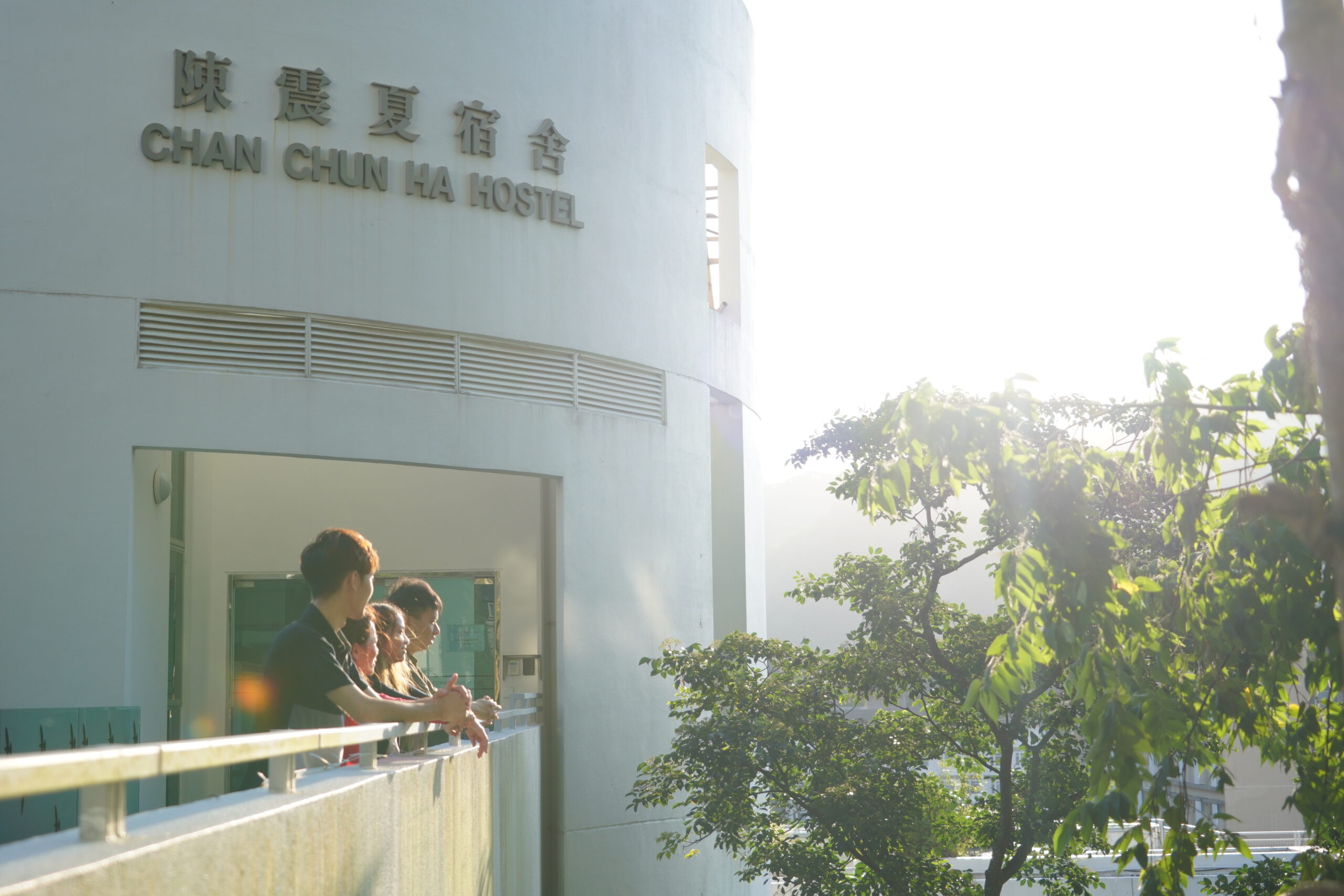
The Future of the CCHH
The 20th Anniversary of CCHH has come with a renovation of the hardware. “The first floor of Chan has never been fully utilised and is almost unused, so I’ve never known the usage of this area. Currently, it is in an open area without air-conditioning, which is hot and has mosquitoes. So, no students will go there at all. To renovate and optimise the use of space, we have planned to move all the activity rooms to the first floor; There will be a 24-hour reading room, discussion rooms, prayer room, and many more to meet different needs. The senior management of the College and the Endowment Fund strongly support this renovation. We are waiting for approval from Architectural Services Department, and there are still various complicated procedures such as open tendering and surveying. However, we stay positive and still aim for the completion by September next year,’ Professor Lee said.
As the Warden’s office is too small to accommodate people, Professor Lee often has to hold virtual meetings with the floor tutors. “Currently, ‘Meet with Ronnie Mason’ is held in the music room, but if the warden’s office is bigger in the future, the activity room can be free for more students to use. Therefore, the next step is to convert the existing reading room into the warden’s office so that there will be more space for different activities.”
“To cater to students with different needs, we are now planning to convert the rooms on the ninth floor into single rooms. This is a difficult task because all the designs and facilities on the 9th floor are not designed for residential use, and the fire services and air-conditioning will have to be relocated. We will organise fund-raising activities to tie in with these reforms, and we sincerely invite all the alumni and the community dignitaries to support the project, regardless of your donations or participation.”
With the continuous improvement of the facilities, we believe that CCHH will create a better living and learning environment for residents and further foster all-round development. We wish CCHH a happy birthday and hope that this big family will always be filled with joy and love!
Celebrating CCHH’s 20th Anniversary
CCHH was constructed with a generous donation from the Chan Chun Ha Charitable Trust and accepted its first batch of students in September 2004. CCHH is a ten-storey building that provides 329 hostel places and has served more than 6,000 students over the past 20 years, commanding breathtaking views of Tolo Harbour.
This year between October and November, the residents’ association will produce a short film and a wide variety of celebratory activities to encourage intellectual exchanges between local and non-local students, and the physical and mental development of students. We also aim to enhance students’ understanding of the hostel, fostering their sense of belonging. Most importantly, students can have a chance to relax at the end of the semester. For details, please visit the social media of the CCHH and United College.
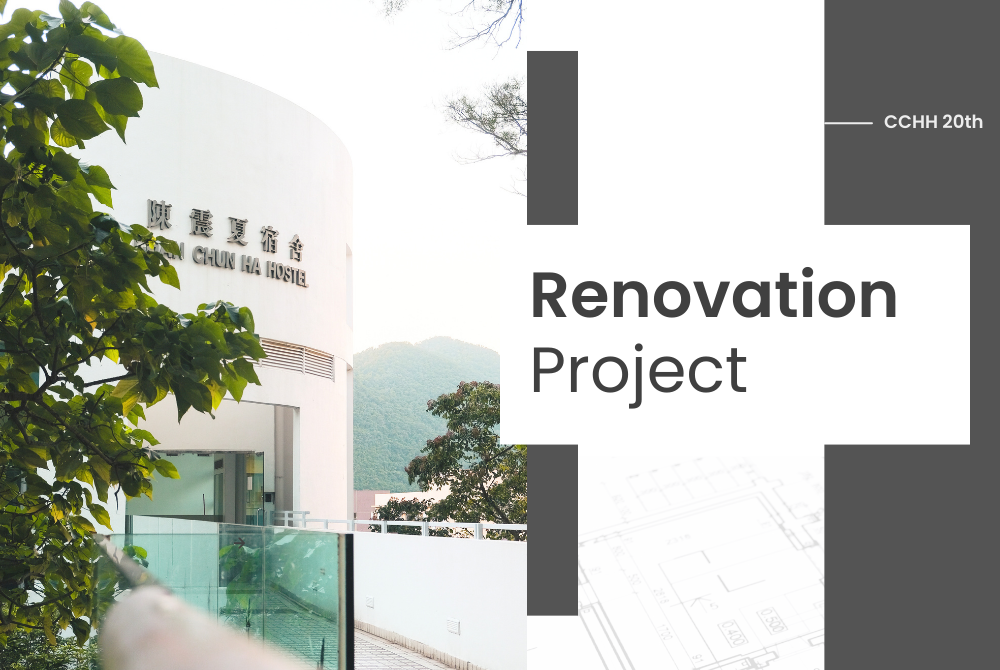
First Floor’s Transformation to Offer More Activity Space
To celebrate CCHH’s 20th Anniversary, not only will there be a series of celebratory activities, but also a transformation of the original semi-open space on the hostel’s first floor into an indoor multi-purpose activity center, adding a new look to the hostel! (Click HERE to learn more on the CCHH transformation plan)
The first phase of the renovation project, jointly organised by the United College and the CCHH, will cost over HK$5 million and is expected to be completed by the second half of 2025, with the second phase to start before the summer of 2025. The renovation of the hostel is on the verge of completion, and it is now necessary to gather more alumni, especially those who have stayed in the hostel before, to support the project with their generous donations.
As a show of appreciation, the College will acknowledge contributors on the UC website and in the college newsletter. In addition, the names of donors will be displayed on the entrance wall or glass doors on the tenth floor of the CCHH. Donors who contribute HKD 10,000 or more will receive a 20th anniversary commemorative gift from CCHH. All friends and supporters are welcome to contribute:
Donation website: https://www.uc.cuhk.edu.hk/tc/give-to-uc/
Enquiries: uc-donation@cuhk.edu.hk (Email); 3943 7598 (Telephone)
